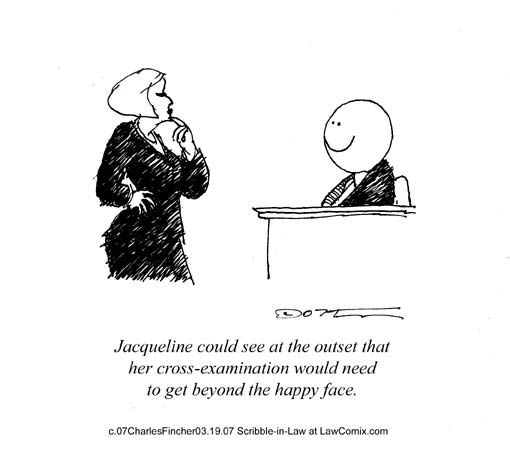
The
San Francisco Chronicle reported last week on a decision by the
Ninth Circuit ruling that "Federal agents were entitled to search a San Francisco man's home computer after learning that he had been sent e-mails by a child pornography trafficker, without needing evidence that he had solicited or read the messages."
The decision was in the case
United States v. Kelley. The decision was handed down by a divided panel of the appellate court, on which Ret. U.S. SCOTUS Justice Sandra Day O'Connor sat.
As the Chronicle reported:
The e-mails, found in a February 2005 search of Kenneth M. Kelley's computer, contained numerous pictures of sex acts by young boys, officers said. Kelley was indicted a month later on charges of possessing and receiving child pornography and is awaiting trial.
A federal judge ruled the search illegal in July 2005, noting that people frequently receive unwanted e-mail and saying that authorities need to have evidence that the recipient intentionally violated the law in order to justify a search. The Ninth U.S. Circuit Court of Appeals disagreed Thursday in a 2-1 ruling, with the deciding vote cast by retired U.S. Supreme Court Justice Sandra Day O'Connor, part of her temporary assignment to the appeals court in October.
Although the nine messages that were sent to Kelley in a nine-month period before the search could all have been spam, the circumstances of their delivery indicated at least a "fair probability'' that he had received them willingly, Judge Pamela Rymer said in the majority opinion, joined by O'Connor.
Rymer said the e-mails, which contained numerous pictures of sexual conduct by young boys, were also found by federal agents in the computers of a distributor of child pornography and a collector. She said they had been sent on different occasions to two screen names that Kelley used.
"The reasonable inference ... is that Kelley was part of (a) network of persons interested in child pornography primarily involving young boys,'' Rymer said. "As a matter of practical, common sense, this is unlikely to occur without prior communication or connections."
Dissenting Judge Sidney Thomas said previous rulings upholding computer searches have required authorities to produce evidence about the computer owner.
"Lowering our standards of probable cause to permit government intrusion into private residences based solely on proof of mere transmittal of unsolicited e-mail constitutes an unwarranted erosion
The case generated some analysis by Professor Kerr over at
Volokh Conspiracy. Professor Kerr acknowledges that "the parties agreed that the warrant was valid only if the affidavit showed probable cause that Kelley knowingly received the images, not just that the images were there in the account." Kerr argues that this was an improper focus and resulted in an incorrect Fourth Amendement query. According to Kerr, "both the majority and dissenting opinions focus on whether the affidavit offered sufficient evidence that Kelley was a knowing recipient of the images rather than someone who was being "spammed" with the e-mails without knowing about it or against his will. The majority says that there was enough evidence to conclude that Kelley had asked to be a recipient of the e-mails; Judge Thomas concludes that there was a good chance that Kelley was an unwilling recipient and therefore that the warrant was invalid."
Kerr argues that the focus, instead, should have simply been on whether there was child pornography in the email account at all. Kerr makes the case, in his post and in the comments thereto, that the underlying offense being the transmission of child pornography in violation of 18 U.S.C. 2252(a)(1) & (a)(2) means that it does not matter whether Kelley himself was suspected of any criminal activity for a warrant to search his email to be valid -- the question should have simply been whether searching the email account would result in the discovery of evidence of criminal activity, regardless of "who" the criminal might have been. Here there was sufficient evidence to suggest that child pornography would be found in Kelley's email, regardless of whether he knew about it, solicited it, or even opened it, which should have been enough to support searching. The question of whether Kelley was guilty of knowingly receiving, etc., would require further proof, of course, of Kelley's knowledge and intent, but that has nothing to do with the underlying warrant in this case.
Interesting case, and interesting discussion. Go check out the VC post and comments for more thoughts.
Other coverage:
Volokh Conspiracy.
How Appealing.










